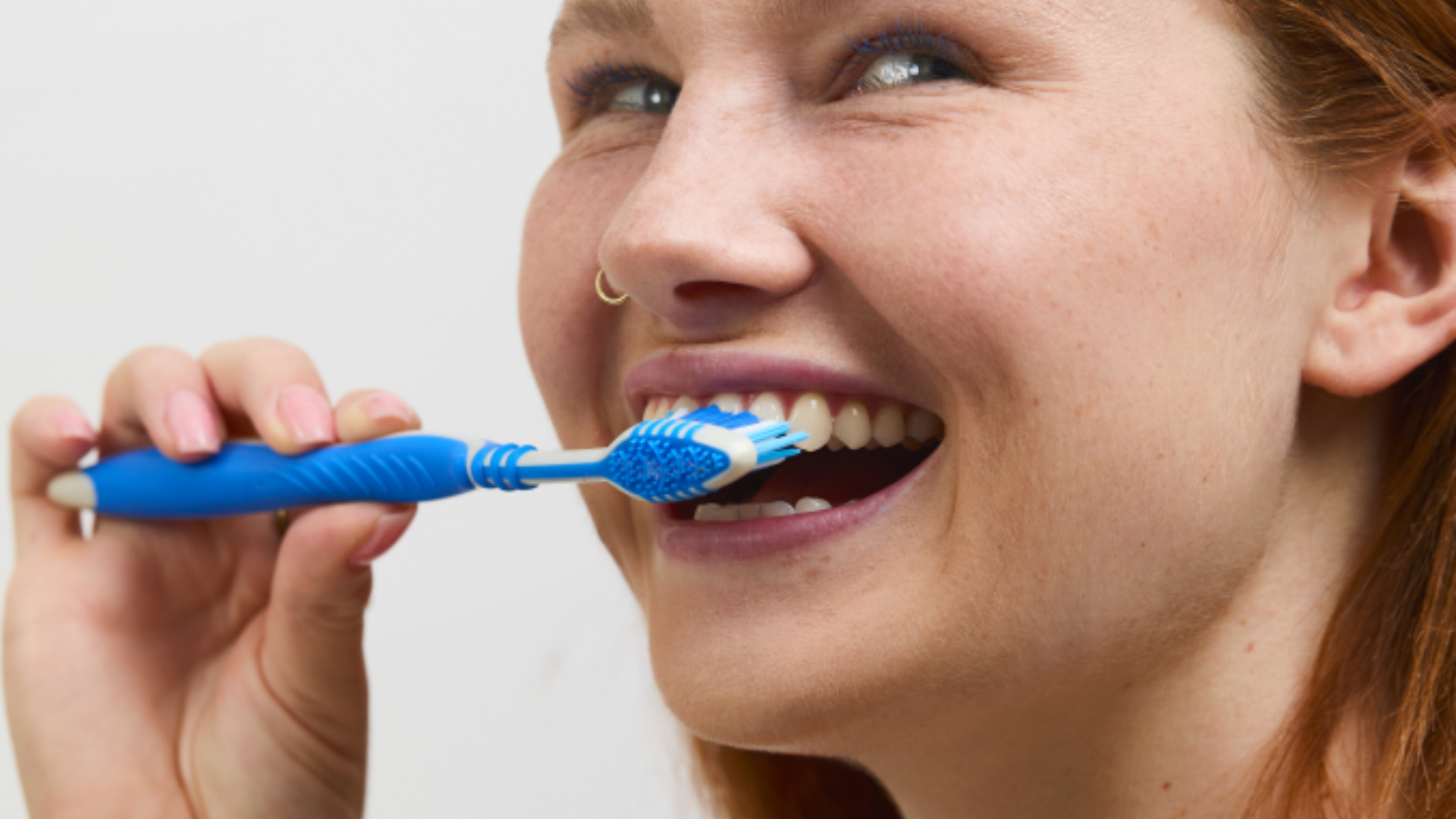Oral care is not only a matter of aesthetics but above all health. Regular brushing, flossing, and dental visits are the foundation that allows us to enjoy a beautiful smile and avoid pain and costly dental procedures. Unfortunately, many people make mistakes in their daily oral hygiene, often without realizing it. Some of these may seem trivial, others stem from ignorance, but they all have one thing in common – a negative impact on the health of teeth and gums.
This article will help you recognize the most common mistakes in dental care and explain why they are harmful. Check which habits may be damaging your teeth and learn how to improve them!
Brushing teeth for too short a time
Studies show that most people brush their teeth for only 30–60 seconds, which is much shorter than the recommended 2 minutes. This is too short to effectively remove bacterial plaque. Inadequate brushing causes bacteria to accumulate, which over time leads to cavities and gum disease.
Try to spend a full two minutes brushing your teeth. A timer on your phone or an electric toothbrush with a built-in timer can be helpful. To ensure all teeth are thoroughly cleaned, divide your mouth into four parts and spend 30 seconds on each.
Brushing teeth too hard
It may seem that brushing harder removes plaque better, but in reality, it can damage enamel and irritate the gums. The result of this habit is exposed tooth necks, sensitivity, and gum recession.
Choose gentleness. A soft-bristled toothbrush is the best choice – it gently removes plaque without irritating the gums. Instead of scrubbing "up and down," make circular motions to thoroughly clean your teeth without the risk of damage.
Skipping flossing
Flossing is one of the most frequently overlooked elements of oral hygiene. Meanwhile, a toothbrush cannot reach the interdental spaces where food debris and bacteria can accumulate. The result is cavities and gum disease.
If it’s hard for you to use dental floss, try a water flosser, which cleans spaces using a water stream. However, it should be remembered that even the best water flosser does not replace flossing.
Flossing is a habit worth introducing in the evening before going to bed – it’s the perfect time to thoroughly clean your mouth after the whole day.

Brushing teeth immediately after eating
After consuming acidic foods such as citrus fruits or carbonated drinks, enamel becomes weakened and more susceptible to damage. Brushing your teeth at this time can worsen enamel erosion.
Instead of immediately reaching for your toothbrush, wait about 30 minutes. In the meantime, rinse your mouth with water or use an alcohol-free mouthwash that helps neutralize acids. This will protect your enamel from damage.
Using the wrong toothbrush
A toothbrush that is too hard can damage gums, and a head that is too large makes it difficult to reach hard-to-access places, especially in the back of the mouth.
Choosing the right toothbrush is key. A toothbrush with soft bristles and a head sized to fit your mouth works best. If you have doubts, ask your dentist for help in choosing.
Ignoring tongue cleaning
Many bacteria responsible for bad breath and oral infections settle on the tongue. Ignoring this part of hygiene means that the effects of brushing your teeth are not complete.
It is worth cleaning your tongue daily using a special scraper or a toothbrush with bristles on the back of the head. Gently move the tool from the back of the tongue towards the tip to remove accumulated deposits.
Replacing the toothbrush too infrequently
Worn toothbrush bristles lose their cleaning properties and become a breeding ground for bacteria. If a toothbrush is used for more than 3 months, it can even do more harm than good.
Remember to replace your toothbrush or electric brush head every 2–3 months. You can also change it earlier if you notice the bristles starting to bend or lose elasticity.
Using too much toothpaste
Using too much toothpaste causes excessive foaming, which can make thorough brushing difficult. In children, excess fluoride can lead to fluorosis – enamel discoloration.
Use toothpaste in the right amount – for adults, a pea-sized amount is enough, and for children under 6 years old – a grain of rice. This is completely sufficient to effectively care for oral hygiene.
Drinking sugary drinks throughout the day
Constant sipping of sugary drinks, especially carbonated ones, exposes teeth to continuous contact with sugars and acids. This creates ideal conditions for the development of cavities and enamel erosion.
Instead of sugary drinks, reach for water or unsweetened tea. If you can't give up carbonated drinks, drink them through a straw to minimize contact of the liquid with your teeth.
Avoiding dentist visits
This is one of the most serious mistakes in dental care. Many people visit the dentist only when pain or other problems appear. Meanwhile, regular check-ups allow problems to be detected early before they become serious.
Try to visit the dentist at least once every six months. Early intervention not only prevents serious problems but also helps avoid costly treatments in the future.

Healthy smile - small changes, big impact
When taking care of your teeth, we often forget that small habits matter the most. Eliminating common mistakes, such as brushing too hard or skipping flossing, is a simple step towards a healthier smile. Instead of thinking of dental care as a chore, try making changes gradually, and the results will quickly surprise you. Oral care doesn't have to be complicated – just a little attention is enough to take care of a smile that will stay with you for years.





